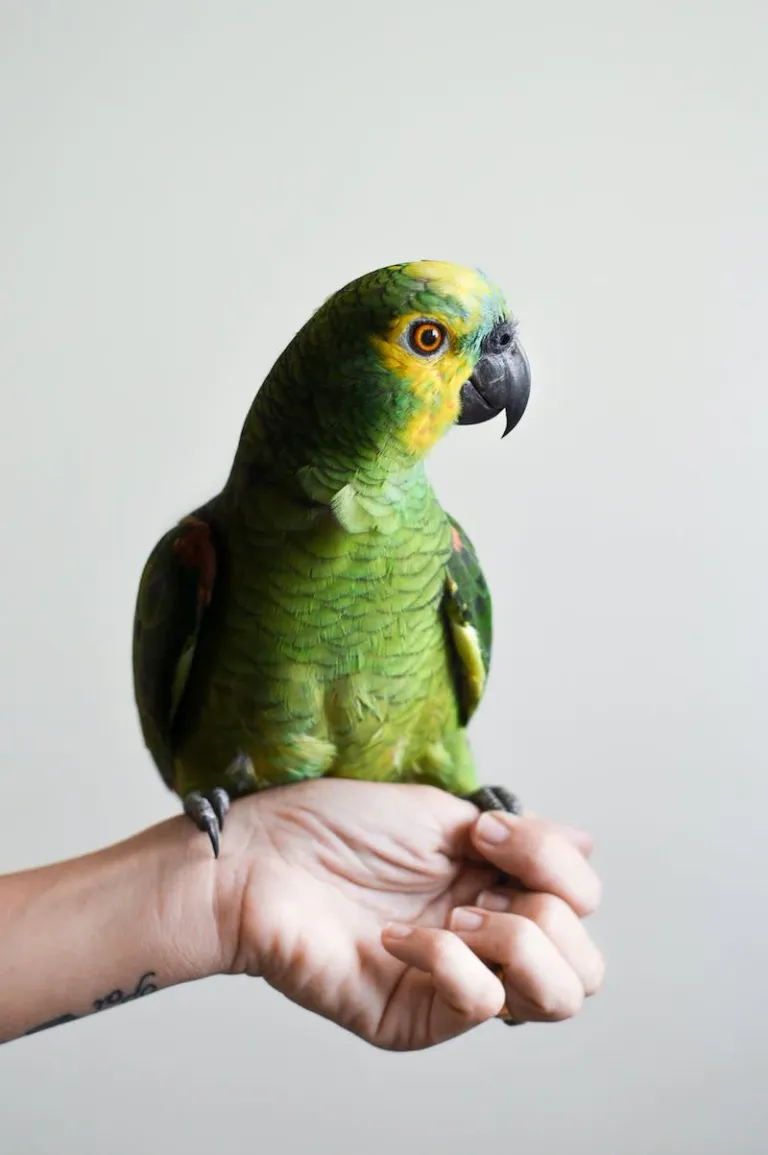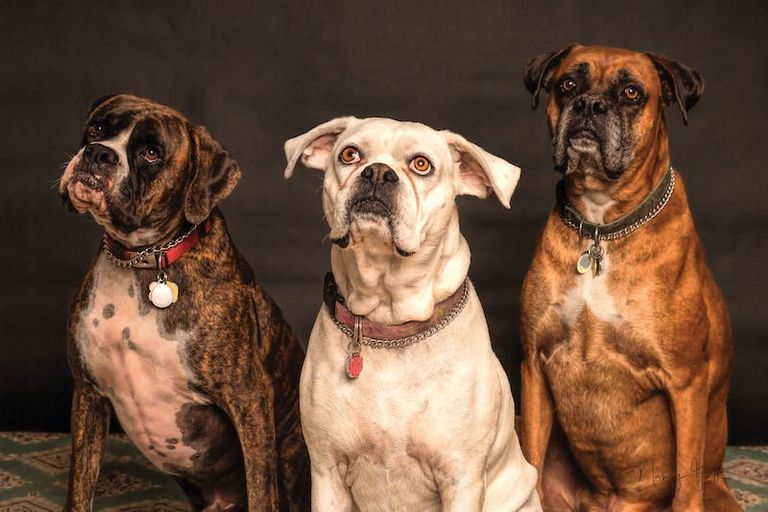
From time to time, I give an overview of animal legislation. Let's talk about the "Brambilla Code", named after the Italian MP who introduced it. In fact, the document is called the Code for the Treatment of Pets.

I will tell you only about the most interesting things.
The document is small in size (only 50 articles), but it includes various aspects of both keeping pets and preventing their homelessness. The main thing is that the draft law proposes to introduce a fundamentally different approach to the status of pets: pets are recognised as rational living beings and their right to health and respect for their biological and ethological characteristics is recognised. Pets are understood to include not only the usual dogs and cats, but also other animals, such as horses, rabbits, etc.

The draft law contains a number of guarantees that point not only to the protection of animals, but also to the recognition of animals as beings worthy of legal significance. But even this time, recognising animals as sentient beings does not mean granting them legal personality. In this sense, the drafters of the bill did not go all the way and did not grant animals at least the status of being under guardianship and having the appropriate rights. When it comes to defining the legal relationship between an animal and a human, the draft continues to adhere to the position that an animal is an object of an individual's property.

A point worth noting is the provisions of the Brambilla Code that refer to the dignity of animals as living beings, not just res (things). The draft does not contain a direct rule on the obligation to respect the dignity of animals, but there are a number of proposed rules aimed at ensuring this principle. The draft law prohibits the use of pets for advertising exhibitions, circuses and travelling shows, prohibits offering for sale, explicitly or not, animals of any kind at any public event; exhibiting and organising any animal competitions during exhibitions; and prohibits the use of animals for begging. In the context of respect for the dignity of animals, special attention should be paid to the provision prohibiting aesthetic changes to the appearance of animals (e.g., tail or ears).

With regard to the "domestic aspects" of keeping pets, Article 29.1 of the Brambilla Code effectively cancels all prohibitions on pets in apartments and elevators. The draft law also allows free access of pets to any public places and public transport (although, to be honest, I don't think this will apply to horses). In particular, Article 26.5 concerns the access of pets to buses and other means of public transport. Article 27 establishes the right of free access for dogs to all public places, including gardens and beaches, but on a leash and with due observance of general preventive measures. In the following provisions, the draft law specifies that dogs may be off-leash in parks and reiterates the invalidity of any prohibition restricting the right of access of dogs to any public or private area or vehicle.

The project did not leave aside the problem of cleaning up after animals, which will be relevant until humanity as a whole has come to accept such a simple norm as something natural and civilised, and legislators in many countries are forced to prescribe such behaviour by law. According to the Brambilla Code, the owner is obliged to take care of his dog and clean up solid excrement. It should be noted here that some local administrations in Italy are trying to require dog owners to remove liquid excrement as well, but no one explains how to do this in practice, so this project does not provide for it.

So, like women's rights in their time, animal rights are developing and expanding very slowly, but this process is happening nonetheless. This is quite logical, as statistics show that in some countries, the number of people who consider their pets to be family members reaches 80%.

Curated by @ultravioletmag